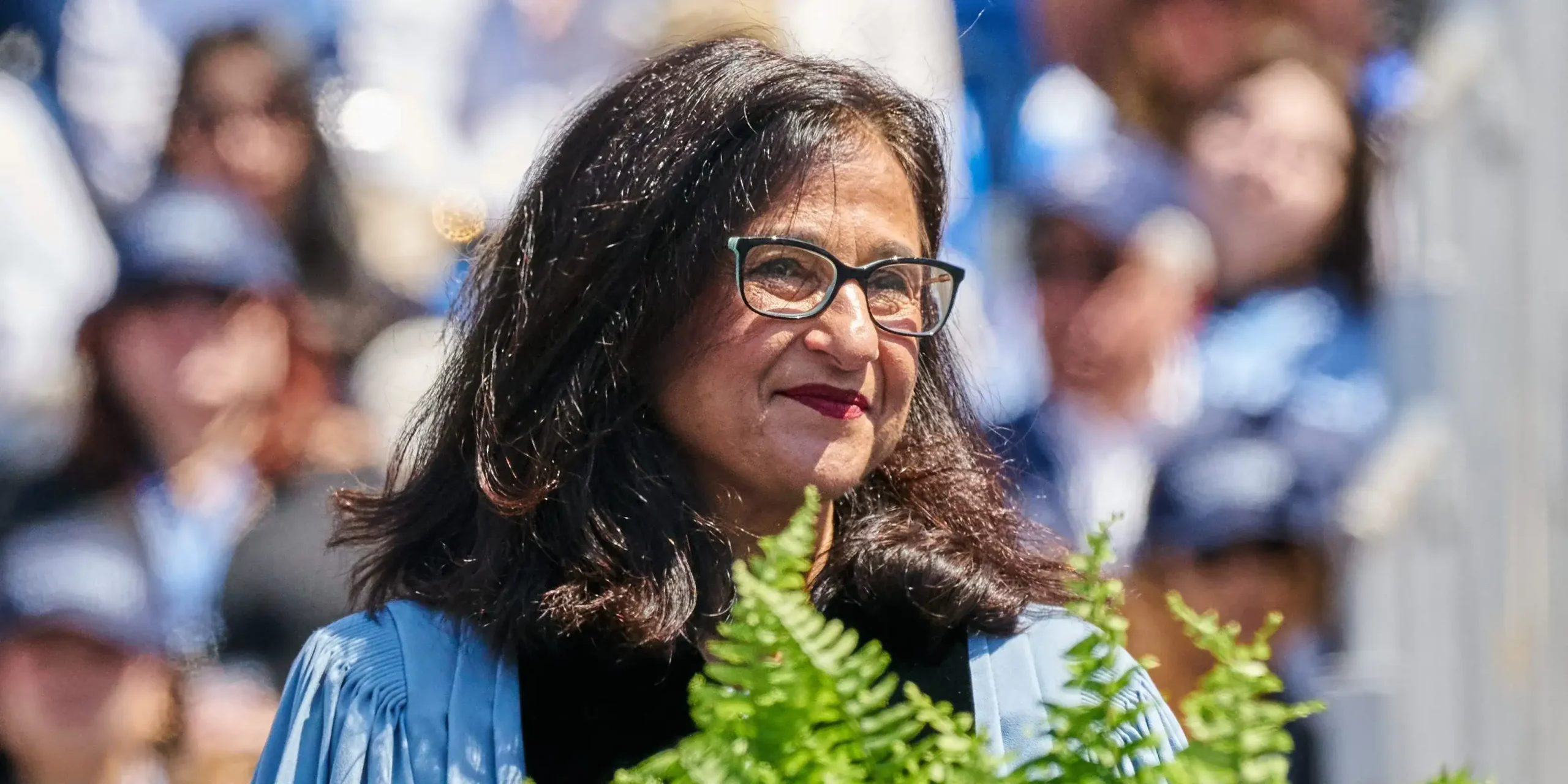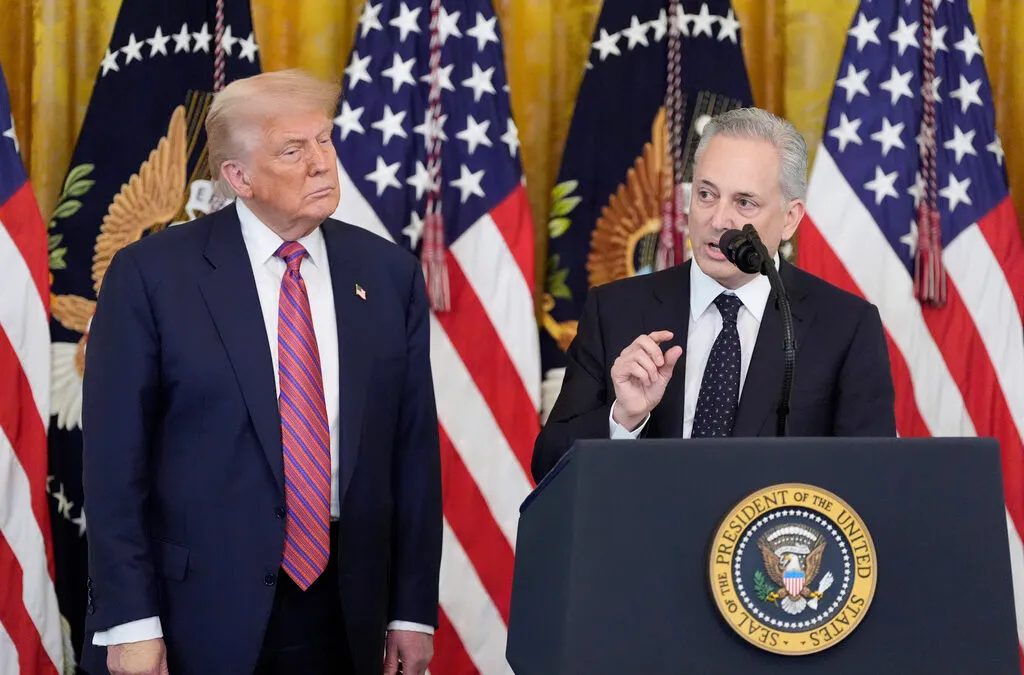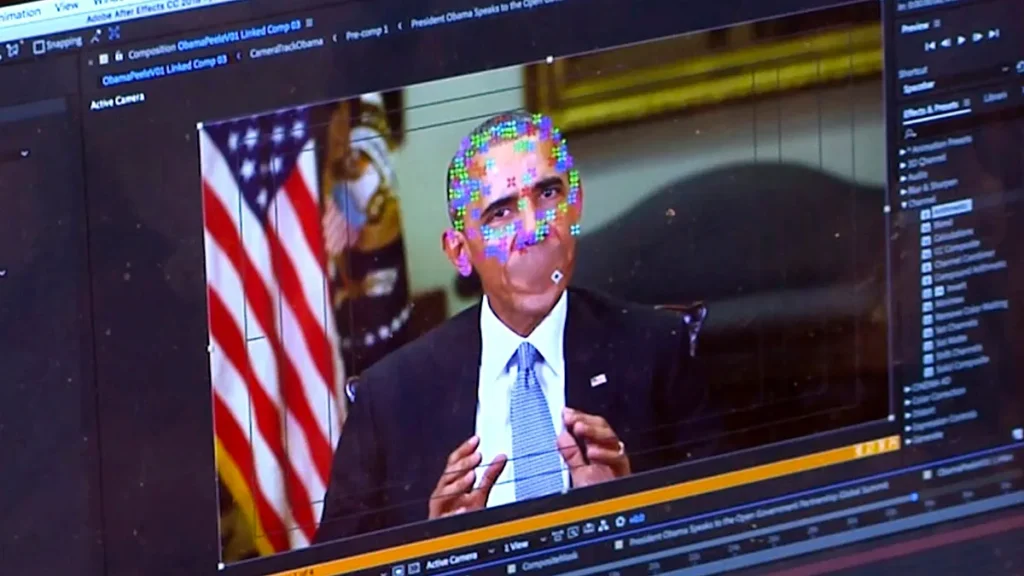Minouche Shafik, president of Columbia University, has resigned in response to ferocious protests over the Gaza war. Her departure is significant for the university, which has been at the center of the ongoing conflict's heated debates and protests. The university community's deep divisions regarding human rights and global politics have been brought to light by the protests.
The Gaza war protests at Columbia University have been marked by a high level of student activism and faculty participation. The university administration's response to the conflict has been criticized by demonstrators, who have also demanded that the humanitarian crisis in Gaza receive more attention. These demonstrations have taken many forms, from campus rallies to petitions requesting alterations to the university's operations.
Minouche Shafik's resignation during these demonstrations exemplifies the larger challenges educational institutions face in navigating politically charged issues. As universities increasingly become venues for activism and debate, administrators need to find a way to strike a balance between the various points of view and demands of their constituents. Shafik's departure demonstrates the difficulties of leading a university through such turbulent times while attempting to maintain an atmosphere of academic freedom and open discourse.

The resignation has prompted a variety of responses from Columbia University's community. Some people see it as a crucial step toward addressing the issues raised by students and staff, while others see it as a lack of experienced initiative during a crucial time. The situation has sparked debate about the role that university leadership should play in responding to global events and how much institutions should be involved in politics.
The resignation of Shafik also exemplifies the increasing pressure placed on university administrators to respond to international issues in a manner that reflects the values and expectations of their community. The incident at Columbia is illustrative of the challenges that academic leadership faces at a time when political activism and awareness are on the rise.
The progress of the Columbia University search for a new president will be closely monitored. The next leader will have to find a delicate balance between fostering an inclusive campus environment and addressing the diverse and frequently opposing viewpoints of students, faculty, and other stakeholders. It is anticipated that this modification will lead to a conversation that is more fruitful as well as a renewed dedication to the university's mission of education and engagement.

The fact that Minouche Shafik quit Columbia University during protests against the Gaza war demonstrates how global events have a significant impact on local institutions and the ongoing struggle within the academic community to reconcile opposing viewpoints.
Minouche Shafik’s Role at Columbia
Minouche Shafik, born in Egypt and with a career that spanned major roles at the World Bank and the London School of Economics (LSE), was appointed as Columbia University’s president in July 2023. Her appointment marked a historic moment, as she became the first woman and the first person of Middle Eastern descent to lead an Ivy League institution. Shafik’s expertise in economics, combined with her leadership at international institutions, was expected to usher in a new era for Columbia.

Shafik’s tenure, though brief, was marked by efforts to expand the university’s global presence and influence, as well as initiatives focused on climate change, social justice, and technological advancement. However, her leadership was soon tested by the Gaza conflict and the wave of protests that followed.
The Resignation Amid Protests
As the Gaza War intensified, protests at Columbia grew more vociferous. Students, faculty, and activist groups staged demonstrations, sit-ins, and online campaigns, urging the university to take a definitive stance against Israel’s military actions. Calls for boycotts and divestment from companies supporting Israel further complicated the situation. Many students felt that Shafik’s leadership was inadequate in addressing their concerns, especially given her own Middle Eastern roots.

Reports suggest that Shafik found herself in a difficult position, caught between maintaining the university’s neutrality on political matters and addressing the demands of the university community. The mounting pressure from both sides of the debate eventually culminated in her decision to step down.
Minouche Shafik, the president of Columbia University, resigned on August 14, 2024, following significant controversies surrounding her handling of pro-Palestinian protests on campus during the ongoing Gaza War. Shafik, who had taken office just a year earlier, stepped down after facing immense pressure from both sides of the conflict—pro-Palestinian and pro-Israel groups. Her resignation came amidst ongoing turmoil that began in the aftermath of Hamas' attack on Israel in October 2023, which led to an escalation of campus protests and clashes over Israel's actions in Gaza.
Shafik had been criticized for her responses to these protests, particularly when a pro-Palestinian encampment was established on Columbia’s campus in the spring of 2024. The protesters, many of whom blamed Israel for the violence, clashed with Jewish and pro-Israel students, who felt that the university was not doing enough to protect them from what they saw as an increasingly hostile environment. The protests escalated when a group of students occupied a campus building, resulting in a heavy police intervention and multiple arrests.
Shafik's testimony before Congress in April 2024, where she stated that Columbia could do more to combat antisemitism on campus, failed to quell the dissatisfaction. Pro-Palestinian students, in particular, saw her response as insufficient and criticized her for what they perceived as an unfair crackdown on their movement. Meanwhile, pro-Israel groups accused her of not doing enough to support Jewish students and faculty during the tense period. These tensions were exacerbated by the resignation of several key figures within the university, including three deans, due to their involvement in a separate controversy regarding antisemitic comments.
Her resignation has been met with a range of reactions. Some, particularly within pro-Palestinian circles, celebrated her departure, viewing it as a victory for their cause. Others, especially those critical of her handling of the protests, cautioned that this change in leadership would not resolve the deeper issues surrounding academic freedom and campus dynamics.
Shafik's resignation also leaves a significant void in terms of leadership. Columbia has announced that Katrina Armstrong, the CEO of the university’s medical center, will serve as the interim president. Moving forward, the university is expected to focus on restoring campus stability while balancing the demands for both free speech and the safety of students from all backgrounds.







